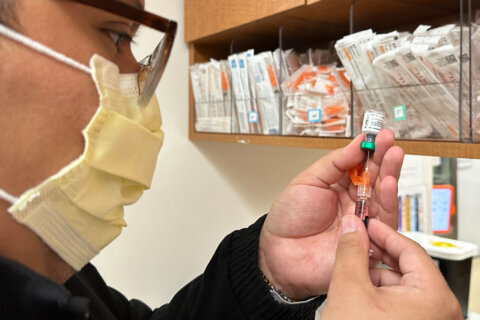WASHINGTON — A new study finds that ibuprofen can affect men’s testicular function and fertility.
The study, by a group of Danish and French scientists and published in the Proceedings of the National Academy of Sciences, built on earlier research that had found the testicles of male babies were affected by the use of over-the-counter pain relievers such as aspirin, acetaminophen (sold as Tylenol and similar drugs) and ibuprofen (which goes under brand names including Motrin and Advil).
The new study exposed young men to ibuprofen, and found that the pain reliever resulted in “compensated hypogonadism,” an endocrine condition that leads to a decrease in testosterone and usually affects elderly men.
The study used 31 men ages 18 to 35, and gave 14 of them a 1,200 milligram dose of ibuprofen per day — the maximum dose on most ibuprofen packages and the preventive dose many athletes take, CNN reports. (The rest of the volunteers were given a placebo.) Within two weeks, the group of 14 had developed compensated hypogonadism, which along with lowered fertility is also associated with depression, heart failure and stroke.
One of the study’s authors, Bernard Jegou, told CNN that the short-term effects on the study’s participants would reverse itself once the study was over, but that long-term ibuprofen users might not be so lucky.
The problem ranges worldwide: The World Health Organization says that one of every four couples spends at least five years unsuccessfully trying to get pregnant.
Erma Drobnis, a University of Missouri professor who wasn’t part of the study, told CNN that the study was small but valuable, especially since medical professionals rarely tell men about the possible reproductive side effects of these or other medications.








